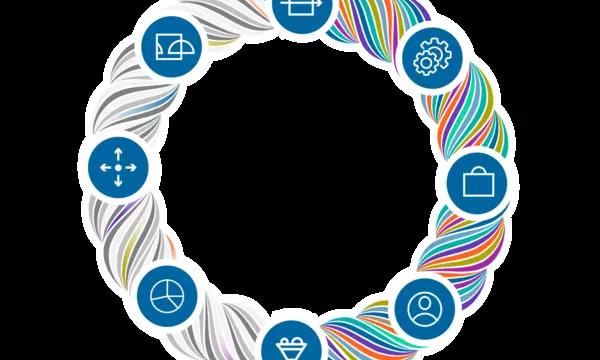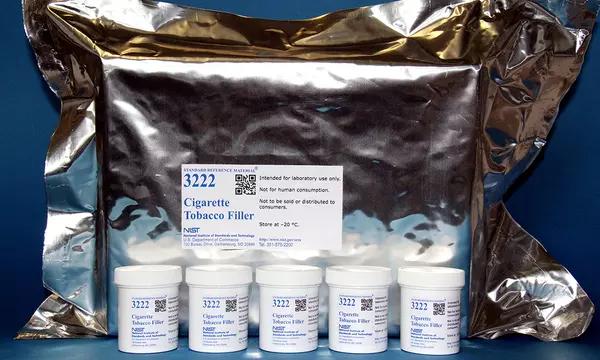Welcome to the Material Measurement Laboratory
The NIST Material Measurement Laboratory (MML) conducts measurement science research to benefit industries based in the chemical, biological and material sciences, and contributes technical expertise to the development of standards. MML researchers perform fundamental and applied research, evaluate data, and create other programs and tools to assure the quality of measurement results. Our work supports areas of national importance: We contribute to the development of new vaccines and biologic drugs, characterize the performance of alternative fuels and refrigerants with less greenhouse gas potential, assess pollutants including ocean plastics, help develop new materials for lightweight, fuel efficient transportation, and much more.


















